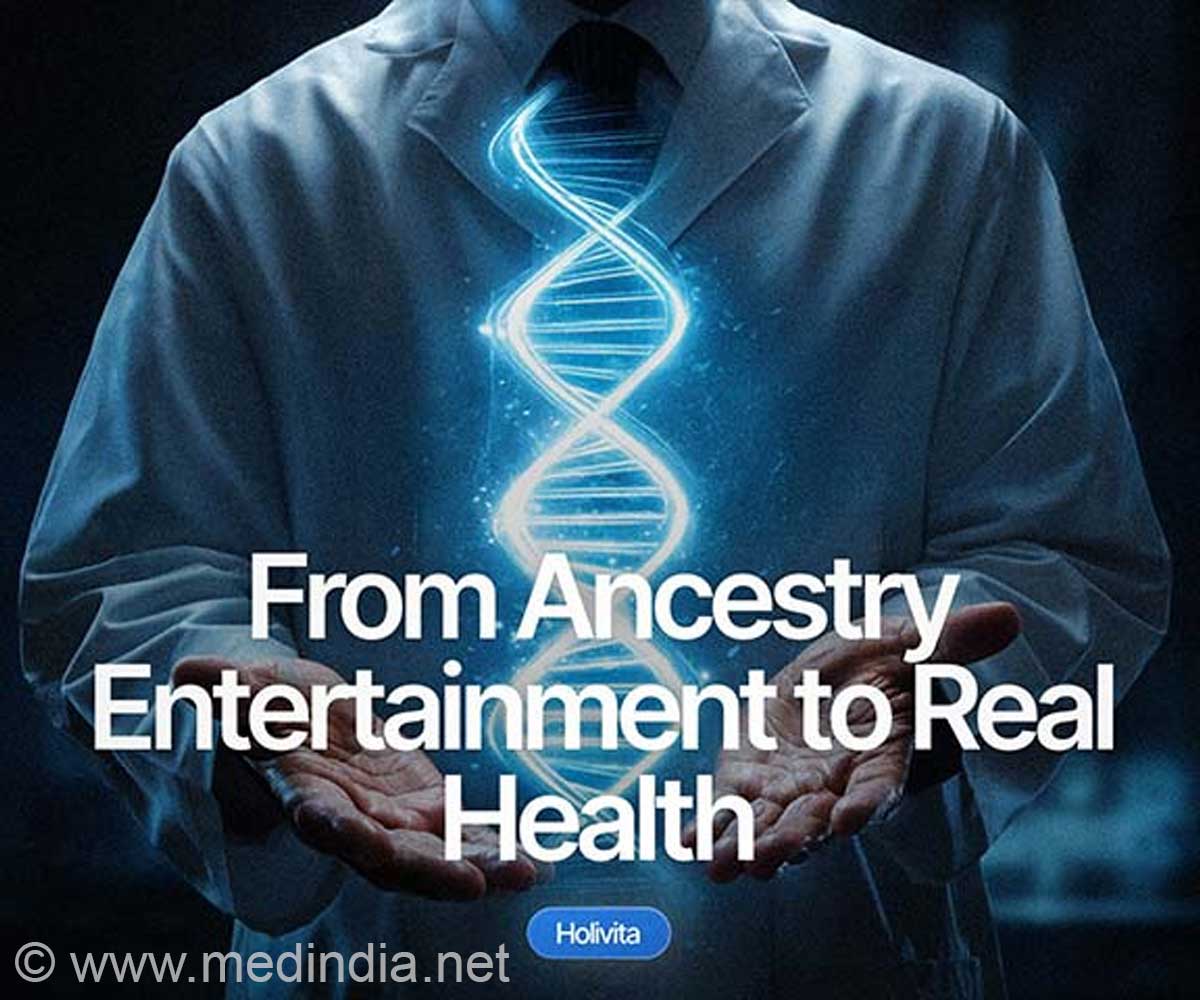Investigators at St. Jude Children's Research Hospital have discovered inherited variations in certain genes that make children with acute lymphoblastic leukemia
Investigators at St. Jude Children's Research Hospital have discovered inherited variations in certain genes that make children with acute lymphoblastic leukemia (ALL) susceptible to the toxic side effects caused by chemotherapy medications. The researchers showed that these variations, called polymorphisms, occur in specific genes known to influence pharmacodynamics (how drugs work in the body and how much drug is needed to have its intended effect).
The findings, made during a study of 240 children, are important because these side effects in ALL can be life-threatening and interrupt delivery of treatment, increasing the risk of relapse. The new insights gained in this study could help individualize ALL chemotherapy according to a patient's inherited tendencies to develop toxic reactions to specific drugs."Such individualized therapy would eliminate the time-consuming trial-and-error approach to finding the right dose for a patient," said Mary Relling, Pharm.D., chair of the Pharmaceutical Sciences department at St. Jude. "When the results of our findings are translated into routine clinical care, we should see less toxicity among children being treated for ALL." Relling is senior author of a report of this work that appears in the May 15 issue of "Blood."
The St. Jude team extracted DNA from healthy white blood cells of patients and looked for 16 polymorphisms previously known to be present in genes linked to drug pharmacodynamics. Using a variety of statistical analyses, the investigators identified links between specific polymorphisms and gastrointestinal, infectious, hepatic (liver), and neurologic toxicities during each phase of treatment. The three treatment phases were induction, the initial phase designed to cause remission of the cancer; consolidation, the follow-up after induction; and consolidation, the final phase to ensure comprehensive elimination of cancer cells.
The study showed that some of the 16 genetic polymorphisms are linked to toxic side effects during more than one treatment phase; and some caused more than one type of toxicity. Certain polymorphisms were linked to the pharmacokinetics of specific drugs— how drugs are absorbed by the body, distributed, chemically modified or broken down and eliminated. Variations in pharmacokinetics can alter the levels of drugs in the body, leading to ineffective or toxic levels in individual patients.
For example, during the induction phase, when a variety of different types of chemotherapy drugs are used, polymorphisms in the two genes that were part of a biochemical pathway that breaks down chemotherapy drugs were linked to gastrointestinal toxicity and infection, respectively. In the consolidation phase, when drugs called antifolates were the main treatment, a folate was linked to gastrointestinal toxicity, as it was during the continuation phase. And in all three phases, one polymorphism was linked to hyperbilirubinemia, or jaundice, partly caused by the drug methotrexate.
"Scientists at St. Jude and elsewhere have dramatically improved survival rates from childhood leukemia, but it's still challenging to find the right dose for each patient," said Rochelle Long, Ph.D., director of the National Institutes of Health Pharmacogenetics Research Network. "By finding specific genetic variations linked to how individual patients respond to therapy, this work will make medicines safer and more effective for everyone."
Source-Eurekalert
MED/B










